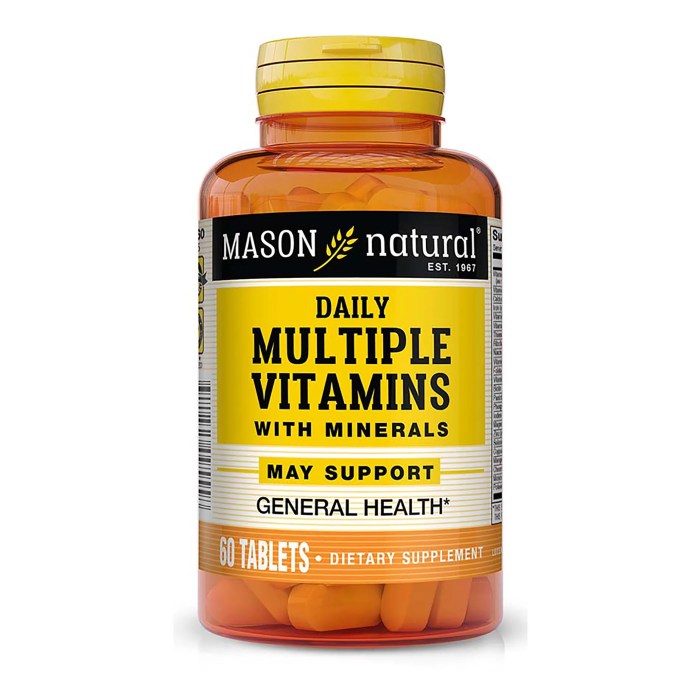With vitamin supplements at the forefront, get ready to dive into the world of boosting health and wellness with a cool vibe. From why they’re crucial to the various types available, this journey will enlighten you in the hippest way possible.
Let’s explore the key aspects of vitamin supplements and how they can elevate your well-being to the next level.
Importance of Vitamin Supplements

Taking vitamin supplements can be crucial for individuals who may have nutrient deficiencies or have trouble getting an adequate amount of essential vitamins from their diet alone. In some cases, vitamin supplements can help bridge the gap and ensure the body receives the necessary nutrients for optimal health.
Situations where vitamin supplements can be beneficial
- Individuals with certain medical conditions that affect nutrient absorption, such as celiac disease or Crohn’s disease, may benefit from vitamin supplements to prevent deficiencies.
- People who follow restrictive diets, such as vegans or vegetarians, may need to take vitamin B12 supplements since this vitamin is primarily found in animal products.
- Pregnant women often require higher levels of certain vitamins, such as folic acid, to support the healthy development of the baby.
Role of vitamin supplements in maintaining overall health
Vitamin supplements can play a key role in supporting various bodily functions, including immunity, energy production, bone health, and overall well-being. They can help fill nutrient gaps and promote optimal health when taken as part of a balanced diet.
Types of Vitamin Supplements
When it comes to vitamin supplements, there are various types available in the market to cater to different needs and preferences.
Forms of Vitamin Supplements
- Pills: Traditional form of vitamin supplements, easy to swallow and widely available.
- Capsules: Encapsulated form of vitamins, often easier to digest and absorb compared to pills.
- Gummies: Chewable and flavored options that are popular, especially among those who have difficulty swallowing pills.
Fat-Soluble vs. Water-Soluble Vitamins
- Fat-Soluble Vitamins: Vitamins A, D, E, and K are fat-soluble, meaning they are best absorbed when taken with fat-containing foods. These vitamins are stored in the body’s fatty tissues and liver, allowing for a longer duration of action.
- Water-Soluble Vitamins: Vitamins B and C are water-soluble, which means they dissolve in water and are not stored in the body. These vitamins need to be consumed regularly as they are excreted through urine and not stored in large amounts.
Benefits of Vitamin Supplements
Taking vitamin supplements can provide a range of benefits for overall health and well-being. These supplements can help fill nutrient gaps in one’s diet, support immune health, and contribute to various bodily functions and processes. Let’s explore some key benefits of specific vitamins and how they can positively impact our health.
Vitamin C
Vitamin C is a powerful antioxidant that helps protect cells from damage and supports the immune system. It is also essential for the growth and repair of tissues in the body. Regular intake of Vitamin C can help reduce the duration and severity of colds and other illnesses.
Vitamin D
Vitamin D plays a crucial role in calcium absorption, bone health, and immune function. It is often referred to as the “sunshine vitamin” because our bodies can produce it when exposed to sunlight. However, many people may not get enough sun exposure or dietary sources of Vitamin D, making supplementation important for maintaining optimal levels.
Vitamin B12
Vitamin B12 is essential for nerve function, red blood cell production, and DNA synthesis. It also plays a key role in energy metabolism. Individuals following a vegetarian or vegan diet may be at a higher risk of B12 deficiency, making supplementation necessary to meet daily requirements.
Immune Health Support
Vitamin supplements, such as Vitamin C and D, can help strengthen the immune system and reduce the risk of infections. These vitamins enhance the production of white blood cells and antibodies, which are essential for fighting off pathogens and maintaining overall health.
Fill Nutrient Gaps
In today’s fast-paced world, it can be challenging to consume a balanced diet that meets all of our nutritional needs. Vitamin supplements can help bridge the gap by providing essential vitamins and minerals that may be lacking in our daily food intake. This ensures that our bodies receive the necessary nutrients to function optimally.
Risks and Considerations

When it comes to vitamin supplements, there are some risks and considerations that need to be taken into account to ensure your health and safety. Let’s dive into some important points to keep in mind.
Potential Risks of Overdosing
- Overdosing on vitamin supplements can lead to toxicity in the body, causing symptoms such as nausea, vomiting, and even organ damage.
- Certain vitamins, like Vitamin A, D, E, and K, are fat-soluble, which means they can accumulate in the body over time and reach toxic levels if consumed excessively.
- It’s crucial to follow recommended dosages and not exceed the daily intake levels set by health authorities to avoid adverse effects on your health.
Interactions with Medications
- Taking vitamin supplements alongside certain medications can lead to interactions that affect the efficacy of both the supplement and the medication.
- For example, Vitamin K can interfere with blood thinners like Warfarin, while Vitamin C can enhance the absorption of iron supplements.
- It’s essential to inform your healthcare provider about all the supplements and medications you are taking to prevent any potential interactions that could harm your health.
Consulting a Healthcare Provider
- Prior to starting a vitamin supplement regimen, consulting a healthcare provider is crucial to determine if you actually need the supplements and to ensure they won’t interfere with any existing health conditions or medications.
- A healthcare provider can also help you choose the right type and dosage of supplements based on your individual needs and health status.
- Regular check-ups and monitoring can help prevent any negative effects that may arise from taking vitamin supplements inappropriately.